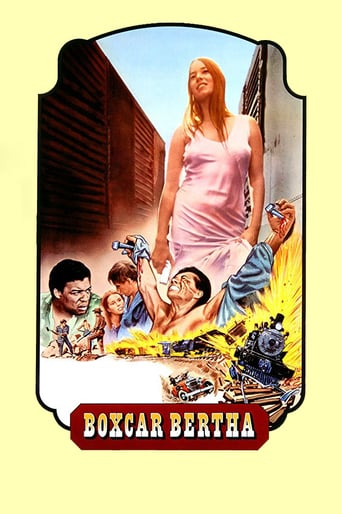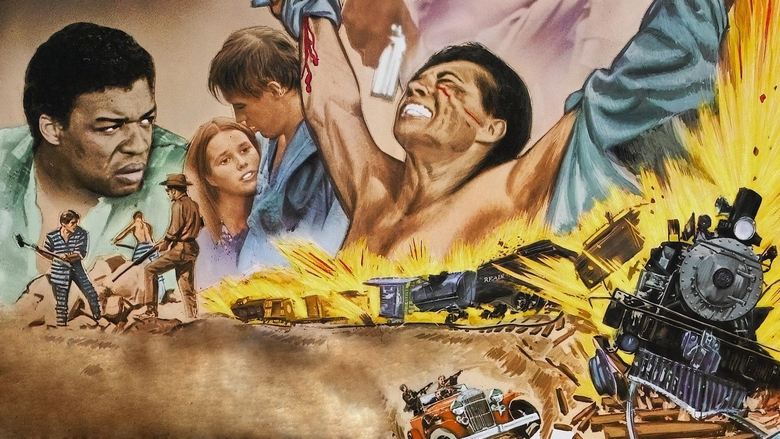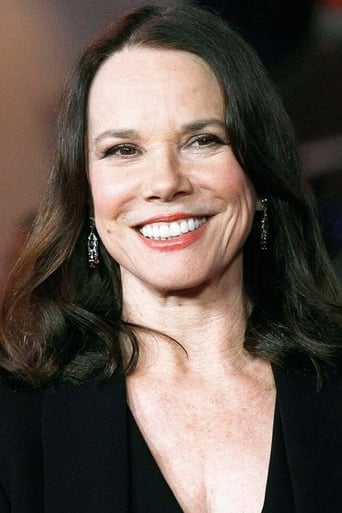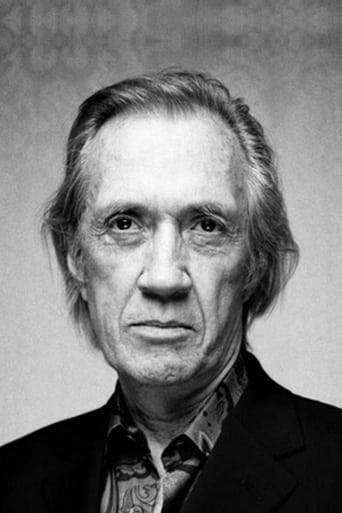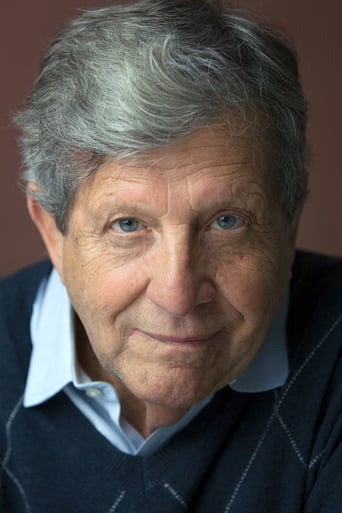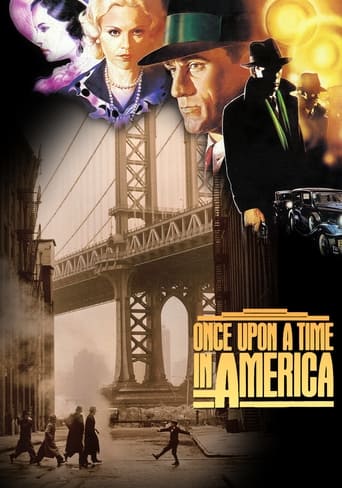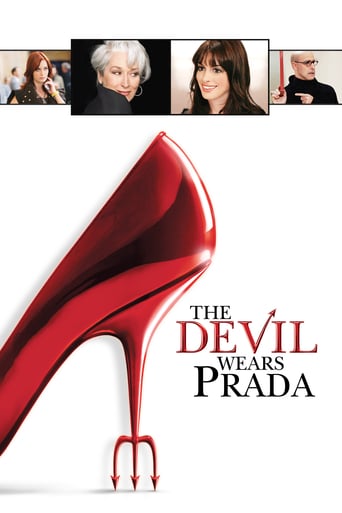Boxcar Bertha (1972)
"Boxcar" Bertha Thompson, a transient woman in Arkansas during the violence-filled Depression of the early '30s, meets up with rabble-rousing union man "Big" Bill Shelly and the two team up to fight the corrupt railroad establishment.
Watch Trailer
Cast
Similar titles

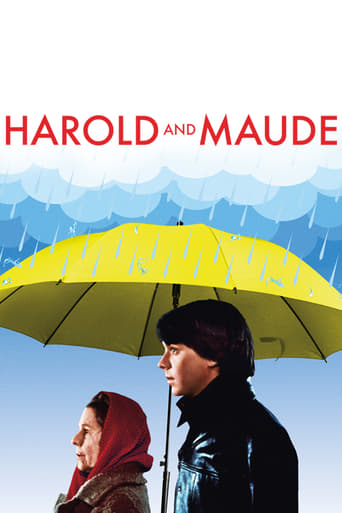

Reviews
A different way of telling a story
Simple and well acted, it has tension enough to knot the stomach.
Story: It's very simple but honestly that is fine.
There are moments in this movie where the great movie it could've been peek out... They're fleeting, here, but they're worth savoring, and they happen often enough to make it worth your while.
The comparisons to Arthur Penn's 1967 masterpiece are inevitable, but thanks to some masterful direction by a newcomer named Martin Scorsese, the film has obtained a cult status of its own. Barbara Hershey plays a poor country girl who witnesses her father being killed in a plane crash and blaming his employers, ends up on a robbery spree with David Carradine that threatens to destroy the train industry. John Carradine is the owner of the train company and vows vengeance on Hershey and her gang, especially after they rob him at his fancy party. There's not much more to the story than this, and like "Bonnie and Clyde", the film is violent, raw and gripping.It is also very predictable, and the end will leave a bad taste for some who may find it offensive. Hershey (reminding me of Sissy Spacek in the similar "Badlands") spends a lot of time in the buff, while the younger Carradine is memorable as her lover with communist leanings. The older Carradine is less hammy than normal, but acting honors go to Bernie Casey as Hershey and Carradine's co-hort.
I would love to say that there's a lot in "Boxcar Bertha" that foreshadows the birth of a new talent for American Cinema, that it carries many aspects that would define Scorsese's style, I would love to but I won't do that.I won't not because it's not true, Martin Scorsese's directing is the obvious highlight of the film and what elevates to a level slightly higher than all the other 70's exploitation movies, still, even admitting this would be unfair because it wouldn't take into consideration the chronological context of the film's making. 1972, we're at the pinnacle of the New Hollywood period, the same year "The Godfather" would open the door for the coming blockbusters' era, so when Scorsese made the film, he was only one among many other growing talents of his generation: Sam Peckinpah, Hal Ashby, Dennis Hopper or Arthur Penn. Speaking of Penn, the story is adapted from the autobiography of Boxcar Bertha, a folk local outlaw who was associated with a gang of train robbers in the tumultuous 'Great Depression' days. On that aspect, the film immediately reminds of the much more acclaimed "Bonnie and Clyde", a landmark in the portrayal of modern violence in Cinema. At least Scorsese's second feature film is just the proof that his talent could match more experimented directors, but as far as directing, editing, and bold depiction of sex and violence were concerned, it was nothing new, not even for that time. However, it does have a little something that is waiting to explode, and that will, one year later, with Marty's first masterpiece "Mean Streets". So whatever superlatives can't be said about "Boxcar Bertha", they definitely apply to "Mean Streets". But let's get back to "Boxcar Bertha" since this is what the review is about. The little something I was mentioning was a soul inside the characters, they're not here to appeal to us, but we're supposed to understand the soul behind the actions. They're all outlaws but for once, no one seems to lead the gang, and they're all following what seem to be impulses, pride, love and loyalty, with a romance in the core. Bertha is a young, sweet and innocent girl who discovered love at the same time as violence when her father accidentally dies in a plane accident caused by his boss' stubbornness. And she falls in love with Big Bill Shelley, David Carradine, an idealistic union leader, labeled as a Bolshevik by the railroad baron, Buckram Sartoris, played by no one else than Carradine Sr., John.What follows is the expression of a necessary refusal for subordination in a society dictated by dangerous and heartless rules. Bill and his friend, a black worker named Von Morton, played by Bernie Casey engage in a fight that sets the overall mood of the film, and Bertha's rebellious conscience. Barbara Hershey gives an incredible sweetness to a character that follows her heart, through Bill. She meets in her route; a Yankee rookie named Rake Brown, played by the blue-eyed Barry Primus. Bertha helps him to improve his accent to make it in the hostile South. The man seems to have a certain talent for making enemies and a strange reluctance for fighting, so the inevitable happens. After an accidental shooting where he's saved by the sweet Bertha, they join Bill and Von. The gang is finally constituted.They rob trains, they are criminals but they don't see themselves so, because they're against a dictatorial management that happens to be the real criminal, incarnated by the faces of the two McYvers, killers hired to arrest the gang. Victor Argo and Davis Osterhout with his scary Hitler-like mustache are the kinds of faces that are impossible to root for. But the film doesn't manipulate us into this or these feelings, Scorsese's directing has a way to portray the Great Depression as a moment in American History where the country lost all its boundaries, and when life was also a matter of survival and dignity, so, the line between crime and law, was sometimes imperceptible. And in the South, when the arm of the law could be very loose with the use of shotgun, we know, we're less invited to feel empathetic toward characters but just to follow their journey into a twisted world, where even being a whore was normal. No room for morality, yet, there is something in the heart of Boxcar Bertha that makes us feel for her, maybe it's her loyalty, her devotion to her love, and her ability to transcend the frontiers of the Law, just by love. But it's something more, it's a devouring passion that accepts all the sins of the word for principles, for a sort of cause that goes beyond rational. Bertha doesn't just give her heart, she also gives her flesh, her soul, her beautiful body, so shamelessly depicted by Scorsese's directing. And sometimes, we wonder through the film if this railroad that drives all the narrative will also be a railroad to redemption. "Boxcar Bertha" contains all the philosophical and personal material Marty would express in his filmography, but I guess all it needed was the setting: New York City and more expression of his own tormented soul, the reservoir of his creativity.I like to see "Boxcar Bertha" as the film with which Marty made his bones, tracing a clever parallel between the Great Depression and the gritty Nixon-era years, when disillusions, frustrations was the daily bread of some souls in quest of a meaning in their lives. Bertha incarnates somewhat the purity of a soul that didn't choose her fate, but made the best she could, according to what she believed in. That's the real passion and this is the film that allowed Marty to grow some confidence about his talent, and enrich American Cinema with his own passion.
During the Depression, a young woman joins a group of socialist train robbers. Based on the evidence presented here, one would not have guessed that Scorsese would go on to become one of the most notable directors of his generation. The direction here is amateurish, not helped by the poor script that has little narrative flow. The one aspect of the director's style that is on display here is his preoccupation with repulsive violence. This is particularly evident in the ridiculous finale. Hershey has a charismatic presence, but her character has no depth. Since the characters are little more than caricatures, it is hard to care about what happens to them.
This never was interesting. It was boring in the sixties, and boring today.It's another of the multitude of stories of self righteous crooks, the chief ones being an attractive couple and a token Negro. The token Negro was the mainstay of the sixties and seventies, serving only purpose, to be someone who said "yassah" to the self righteous white thugs.There's nothing exciting about this movie. There's also nothing that makes sense in this movie. Whatever the motivations are, whatever people are doing, no one knows and no one cares. It's all just a jumbled mess. A bunch of action scenes, lots of shotgun blasts, trains, skin, just for the sake of showing shotguns, trains, cars, and skin. None of it is plot related, but that's because there is no plot.There's nothing horrible about the movie, just nothing good. Just a waste of time.
